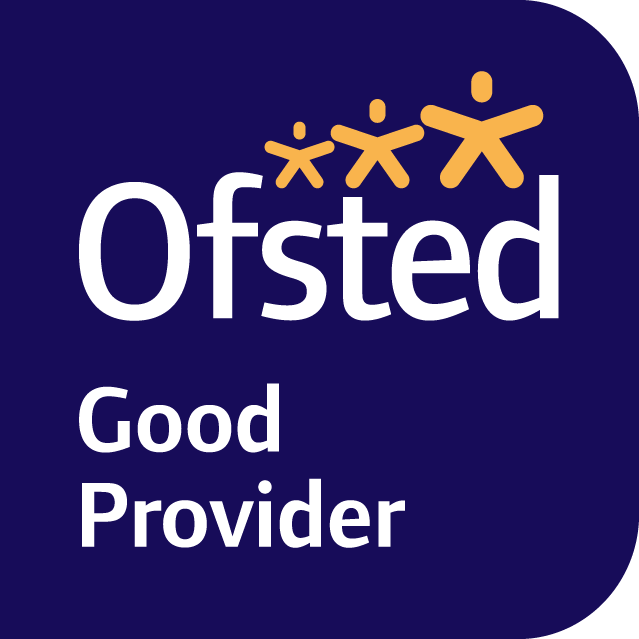Our approach to pupils with SEND
At Dunmore, our approach to SEND and inclusion is rooted in the belief that every pupil can make progress when high-quality teaching is adapted to meet individual needs. Research consistently shows that the most effective support for learners with SEND is delivered through inclusive classroom practice rather than through interventions alone.
Drawing on the Education Endowment Foundation’s (EEF) “Five-a-day” principles, we focus on:
(1) maintaining high-quality teaching for all
(2) understanding individual needs
(3) supporting pupils to plan, monitor, and evaluate their learning
(4) using scaffolding to build independence
(5) adopting flexible grouping.
These principles align with the wider research evidence that what works for pupils with SEND—clarity, structure, and responsive teaching—benefits every learner. Our aim is to ensure that inclusion is not an additional layer of support, but a culture of belonging embedded in everyday practice.
The Curriculum also includes the social aspects that are essential for lifelong learning, personal growth and development of independence.
There are different levels of support offered and each type of support is dependent on the individual learning needs and is intended to enable access to learning and overcome the barrier to learning identified. These levels can be explained as a graduated approach.
Does my child have special educational needs? | Oxfordshire County Council

